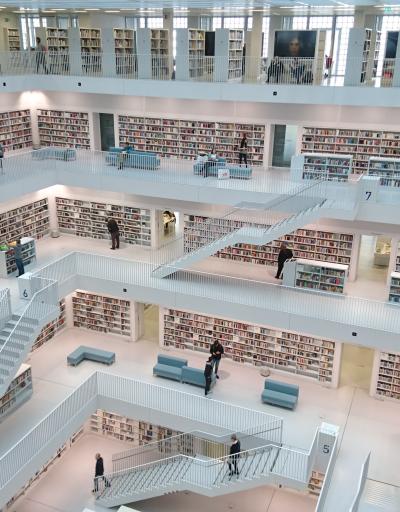
Shutterstock
The strategy of education of roma in the republic of slovenia

Where
Slovenia
Slovenia
When
2012
2012
Who
Ministry of education, science, culture and sport
Ministry of education, science, culture and sport
Read the full report
Go to full report
Go to full report
Description of the policy/measure
One of the biggest projects dealing with roma education in slovenia was successful integration of roma children into education. it concerned the integration of roma children into the education system and the elimination of segregation and discrimination. it was coordinated by the roma union of slovenia and it strove to enhance the efficiency of the on-going integration process through educating and training roma assistants, school teachers and staff as well as educating and encouraging roma parents to assume responsibility. the project was financed by the european social fund (esf) and the ministry of education and sport of slovenia and amounted to €1.593,100. it started on 30 may 2008 and was finished on 31 august 2011. as the project proved to be successful, a similar project, financed by the esf and the ministry of education and sport, was launched in september 2011; it is to be ended in august 2014 and amounts to €1.675,680. target groups were: • preschool and elementary school roma children, • roma parents, • teachers and professional staff, • roma teacher assistants. the roma assistants are roma who set an example and communicate the importance of education in order to make roma aware of the opportunities and their own capabilities to achieve learning objectives and develop skills, and challenge themselves for more demanding professions. there were 30 roma assistants in the project working in 32 elementary schools and preschool institutions, helping 1,143 roma children and pupils and guiding them to broaden their knowledge of roma culture, history, language, and identity. the roma union of slovenia provided education and training for roma assistants, primarily to familiarise them more with roma culture, language, history, and identity. it encouraged roma parents to participate in extracurricular activities of roma children and various workshops. the union prepared a manual for teachers and roma teacher assistants in co-operation with the public institution of adult education ljudska univerza murska sobota, which also provided theoretical courses (pedagogy, psychology, ict, etc.) for roma assistants. several books were published by the union on the roma language, culture and history. the project was nominated for 2010 regiostars awards of the european commission and received special mentions from the jury. the commissioner for human rights of the council of europe, thomas hammarberg, chose it as one of three examples of good practice (the other two come from finland and spain). the second very important project, increase in social and cultural capital in areas with a roma population, started in june 2010 and will finish in august 2013. it is also financed by the esf and the ministry of education and sport and amounts to €3.562,000. the project is coordinated by the institute for ethnic studies. the primary aim of the project is to create conditions that would allow the members of the roma community to escape the vicious circle of social exclusion. this circle could only be broken by adequate investments in social and cultural capital in their environments. the project highlights education as the most efficient way out. its objectives are to increase the level of education of the roma community members and to raise awareness about the significance of education as the fundamental factor in the progress of the community. the main activities are: • promotion of the importance of knowledge and education and awareness-raising of the roma population, • motivating children and parents to attend educational institutions regularly, • establishment of day centres (roma education incubators) where the following activities are carried out: social activities and workshops for preschool and school children and their parents; homework and study help; workshops for parents in social topics of interest, • practical multi-lingual activities for the whole family; extra-curricular activities for all, • education and training of teachers and other professional staff with an emphasis on problem-oriented practical activities to promote the staff's motivation, • encouraging those members of the roma community who possess a degree to serve as role models and help motivate roma children to learn and develop their potential, • transnational networking and exchange of examples of good practice in the field of roma education, • analysis of demographic spatial features of roma settlements in slovenia.
2005 Convention Monitoring Framework Goal(s)
Area(s) of Monitoring


